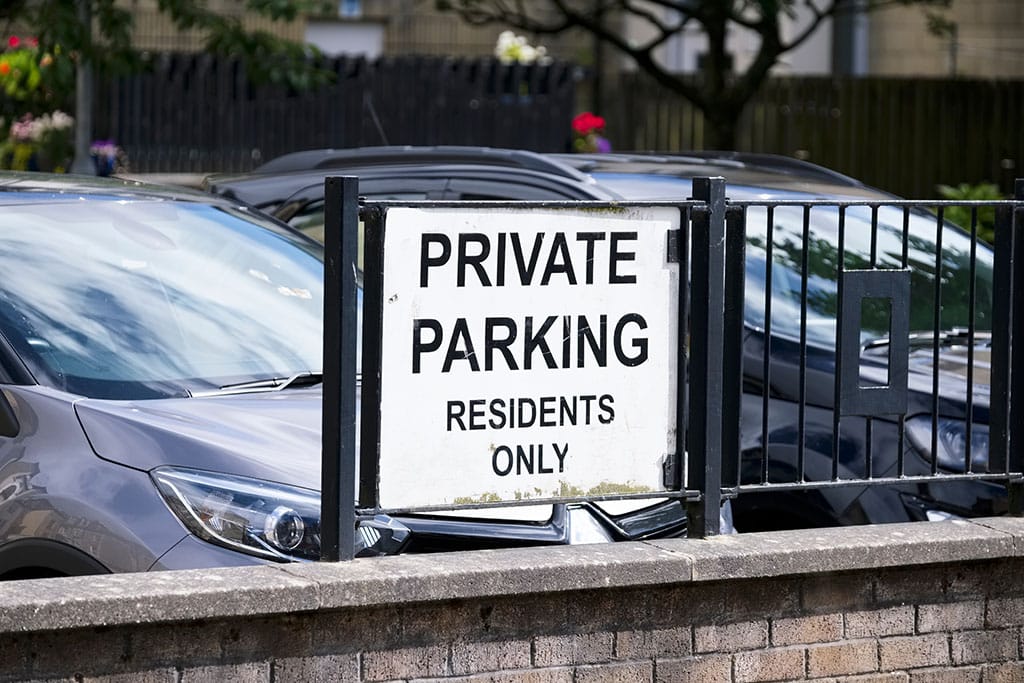We’ve taken time to discuss some of the jobs that companies may hire private investigators for. They could want help investigating an internal security breach or – as we saw during COVID-19 – they could want to spy on employees to see if they’re fulfilling their responsibilities properly in remote work scenarios.
Company jobs like this give PIs some leeway: For example, if a PI is acting on behalf of a business, they typically have permission to access business assets like office computers and hard drives to collect information. However, an investigator cannot help a business break the law, even if it involves one of their own employees or an internal matter. Sometimes, this line gets blurry. Let’s look at a few examples to help clear things up.
A PI Is Not Responsible for What a Company Does with Uncovered Information
If a private investigator collects information legally, then hands it over to the company, they are no longer liable for what the company does with that evidence. Take this interesting case about Union Pacific that has led to multiple lawsuits against the railroad company.
The lawsuits claim that Union Pacific was hiring private investigators to trail workers and gather evidence of them leaving their houses when off work on leave to recover from injuries, take care of family matters, etc. According to the lawsuits, Union Pacific used this information to claim employees were abusing medical leave rules and fire them, something that may be in violation of laws such as the Family Medical Leave Act.
If the lawsuit claims are legitimate, the railroad corporation broke the law. However, that doesn’t mean that private investigators broke the law when gathering the evidence used by the company. As long as PIs don’t break laws when collecting information – in this case, that might be recordings of an employee leaving their residence at a certain time – they can’t be held accountable for what the business does. Sometimes related lawsuits cast a very wide net and may name the private investigators involved, but PIS generally don’t have much to fear in situations like these.
Trespassing and Private Property Laws Still Apply
When collecting evidence for a company, PIs should still abide by all private property laws. The company can give you permission to investigate buildings and devices that they own. However, their reach doesn’t extend to employee personal property. That includes homes where employees may be working remotely, and personal devices that employees may use for work. It also means that private investigators can’t go through trash if it’s on personal property.
PIs should stay in public areas where they can collect photo or video evidence without an invasion of privacy. If a subject is in a location where they have an expectation of privacy, like their backyard or inside their home, then recording them is typically illegal.
Wiretapping is Still Often Prohibited
Laws about recording conversations can vary according to the state, but in most cases, wiretapping is illegal unless at least one party (and often both parties) gives consent to the recording. This doesn’t change when a company is involved, but it can get more complicated. Sometimes, employers have employees agree to policies that they can be monitored (such as by an app on their computer) while on the job, even if they are in a work-from-home situation. Information gathered from this kind of monitoring may be admissible as evidence if a lawsuit occurs. This is an area without a lot of case history to set precedent, so PIs should be careful when using company software to gather information.
PIS Should Be Aware of Whistleblower Laws
Whistleblower laws at the federal level protect employees from all kinds of retaliation and harassment if they call a company out for illegal or irresponsible actions. Whistleblower laws can be complicated, but they may lead to various lawsuits against a company for actions taken against one of its employees.
Private investigators should avoid actions that could get them caught up in a whistleblower investigation. When hired to investigate employees, PIs should have a clear idea why they are investigating. No evidence gathered about employees should be used to intimidate or harass them, which could land companies in serious trouble. A little bit of research and the right questions can often help PIs understand why companies want them to monitor an employee – and when to avoid a job. It’s also an especially good idea to thoroughly document everything you do so you can easily prove your actions were legal in case of an official investigation.
Final Notes
Companies can only give PIs legal permission to access certain things, typically company property. Otherwise, all privacy laws and data theft regulations still apply to investigators. As long as the PI isn’t directly breaking the law when they collect evidence, they are not likely to be liable for what the company does. However, liability insurance can still help pay for fees if PIs are roped into lawsuits related to company actions they enabled.






